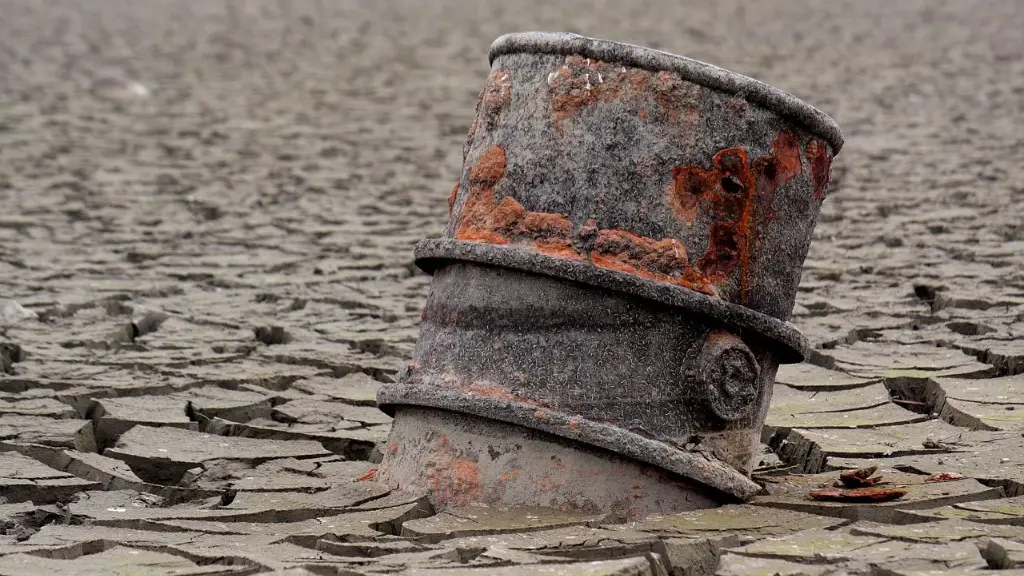The phenomenon of global warming is one of the most pressing and dire issues of our time. It has the potential to drastically alter Earth’s evolution and has already caused significant physical, economic and social consequences. The reality of global warming can no longer be ignored and the immediacy of its impact demands our attention, leading to an imperative understanding of why it is a big deal.
Scientific evidence and data collected from observatories around the world demonstrate beyond doubt that the planet is slowly but surely warming. This rise in temperature is caused largely by human-generated greenhouse gas emissions, which trap heat within Earth’s atmosphere. What’s more, these emissions are projected to significantly increase unless urgent collective action is taken. This means that temperatures will continue to climb, with some analyst’s predicting that global average surface temperature could rise by as much as 5 degrees Celsius in the next century.
As the planet warms, numerous physical and biological impacts can already be observed. For example, rising sea levels are already threatening coastal communities as glaciers and polar ice melt, impacting nearby populations and forcing them to relocate. Significant declines in many biodiversity hotspots, such as coral reefs and Arctic ecosystems, have been noted. These changes have the potential to significantly disrupt existing ecological niches and result in the extinction of some species. To make matters worse, extreme weather events are becoming more frequent and intense, resulting in floods, droughts and even hurricane-level storms that can wreak havoc on their surroundings.
The effects of global warming reach beyond just the environment however, with its economic and social costs being equally substantial. Research indicates that global warming is having a major impact on global food security through temperature rises that disrupt crop growth, putting future food supply in danger. In addition, economic sectors, like tourism and fisheries, are increasingly likely to see major losses as climatic changes cause disruptions to the locations and patterns of economic activities. In many developing countries, lack of resources and infrastructure limit their capacity to cope with the new conditions, causing widespread poverty, food shortages and health issues. Meanwhile, for those countries with the means to respond, costly plans to reduce emissions and prevent further global warming must be put in place.
Above all though, the biggest deal when it comes to global warming is the threat it poses to humankind itself. The future of our planet and human civilisations that have existed here for thousands of years is uncertain, as global warming progresses and more catastrophes occur. However, it is not all doom and gloom, as we still have time to take collective action before it is too late. From individuals to corporations and governments, everyone can do their part to minimise global warming. Only through educating ourselves, engaging in public debate and utilising innovative solutions, can we ensure that our world and its citizens are protected from the worst effects of global warming.

